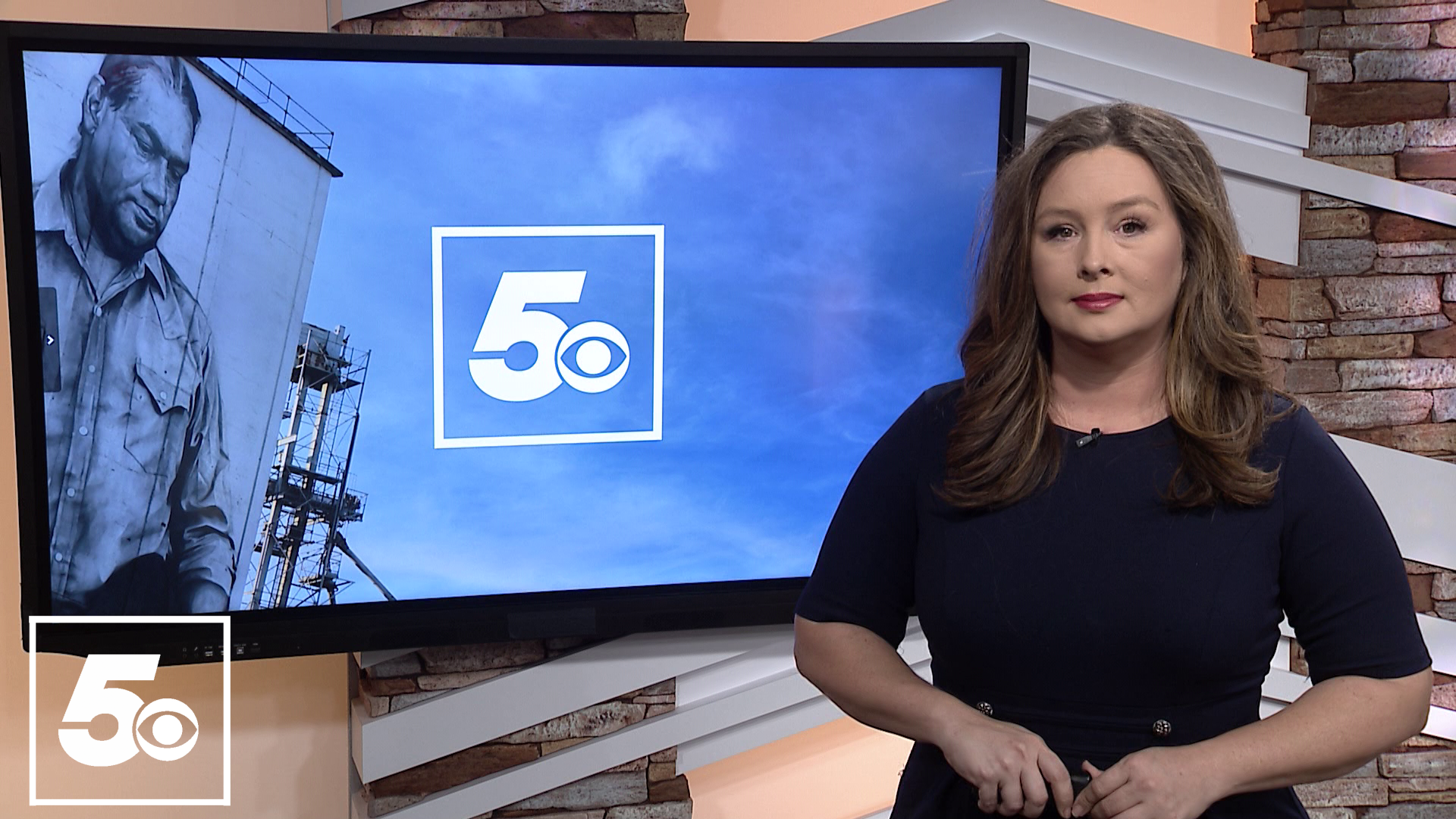BENTONVILLE, Arkansas — A new study has been released offering actionable, policy-based recommendations to help Northwest Arkansas residents tackle emerging housing challenges.
The Walton Family Foundation issued a press release on Thursday (Sept. 9) stating that the new study presents housing affordability recommendations to combat the region’s current low-density, sprawling development patterns.
The foundation says without action, these patterns could cause long-term negative impacts for affordability specifically for lower and middle-income households.
“With this report as a roadmap, NWA has the opportunity and the drive to develop a comprehensive regional housing strategy,” said Jeremy Pate, Senior Program Officer with the Walton Family Foundation’s Home Region Program. “By working together, communities can identify solutions that support each city’s needs and build a more inclusive, vibrant and affordable region for all residents.”
According to the release, The Walton Family Foundation hired a research team led by Smart Growth America to examine how the Northwest Arkansas housing capacity, market conditions and zoning policies are affecting supply and pricing.
As leading factors driving the attainable housing shortage, the report cited high land costs and a lack of adequate financial tools, incentives, production capacity and experience to build the necessary number of units. This limitation then limits the range of housing options to maintain an affordable cost of living.
The report made the following recommendations as to how NWA can best address these issues:
- Take a regional approach, with the public, private and nonprofit sectors working across municipal boundaries to implement cohesive, comprehensive housing policies.
- Balance housing and transportation to encourage developments in cost-effective, efficient locations to accommodate population growth, support new transit options and reduce households’ costs.
- Engage partners from the public, private and nonprofit sectors to create and implement a regional housing affordability strategy.
- Focus on education and outreach, including sharing data with the public about conditions, trends and policies affecting affordability, to better communicate the scale of the challenge and encourage support for a broad range of housing solutions.
- Build capacity by providing support and resources for municipal, inspection, local planning and community development staff; nonprofit and for-profit developers; public-private partnerships; community land trusts; and financial tools like capital subsidies.
- Reform zoning codes to encourage the development of more attainable housing, including expediting the review process; reducing municipal fees, lowering costs of off-site improvements; updating codes; adjusting parking requirements; reducing barriers to pedestrians and cyclists in suburban zones; exploring inclusionary housing requirements; and decreasing the number of zoning districts.
According to a biannual report from the University of Arkansas’s Center for Business and Economic Research, over the last five years, average home prices in Northwest Arkansas have increased by 44.2% and the average multifamily leases rose by 26.4%.
Click HERE to read the full report.

